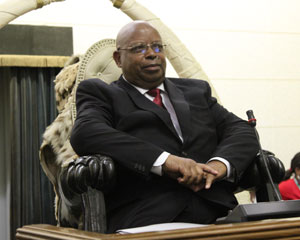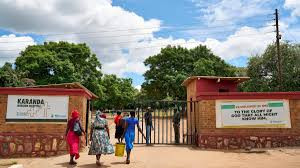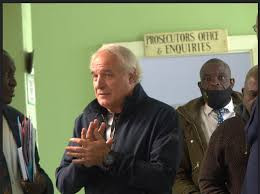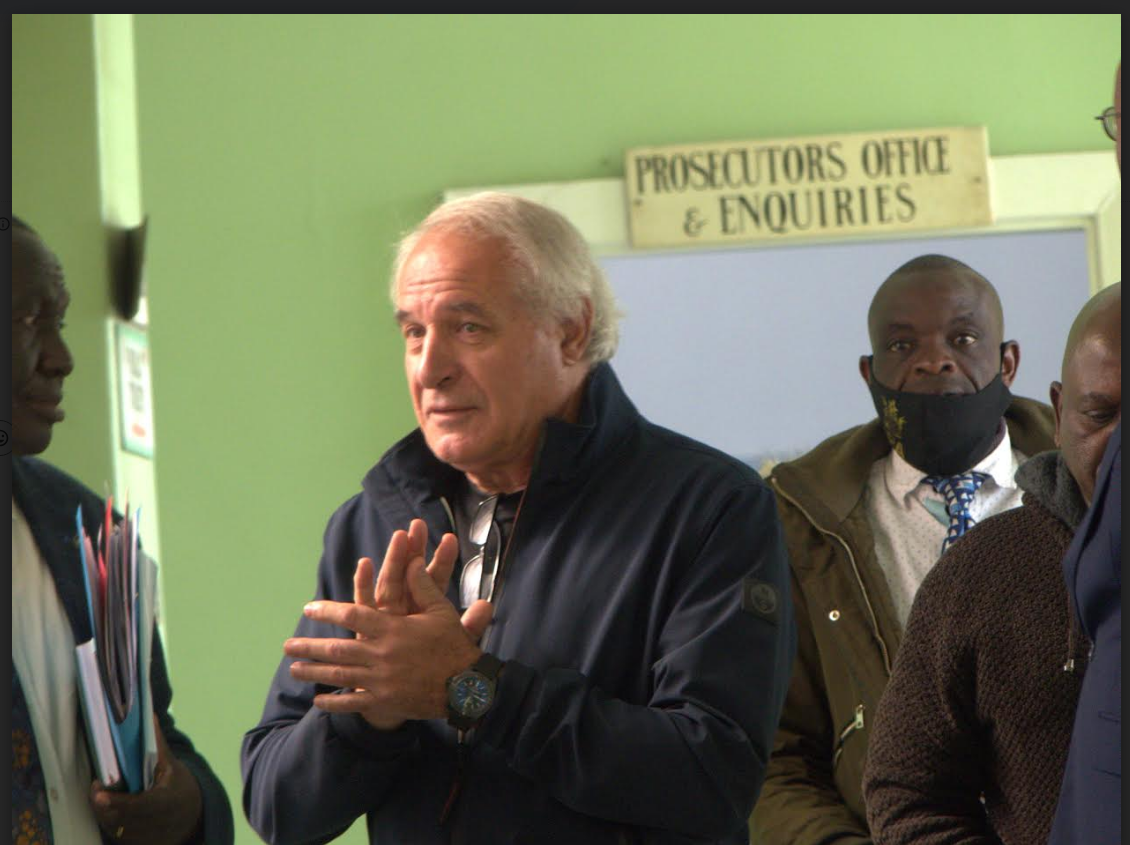
ATTENTION this week shifts to the eighth parliament, whose first session is set to be officially opened on Tuesday with analysts saying the new Speaker must give adequate opportunities to all parties of the House to air their views.
BY PATRICE MAKOVA
President Robert Mugabe, who last week appointed his long-awaited cabinet, is expected to set the ball rolling, outlining some of the Bills which need to be passed.
Aligning of old Acts to the new Constitution, which was endorsed in a referendum four months ago, will be a priority of this first session.
Laws which need to be aligned include the Access to Information and Protection of Privacy Act (Aippa), the Public Order and Security Act (Posa), the Criminal Law (Codification and Reform) Act, the Criminal Procedure and Evidence Act, the Civil Evidence Act and the Broadcasting Services Act.
The Defence, Police and Prisons Acts also need aligning.
Parliament is now dominated by Zanu PF after the party won a two thirds majority in the July 31 elections. The MDC-T, which had a slight majority in the previous parliament and was in a coalition government with Zanu PF for the past four years, has now been relegated to the back bench.
Zanu PF central committee member and former Zimbabwe Human Rights Commission chairperson, Jacob Mudenda has since been elected as Speaker of the national assembly, while Edna Madzongwe was retained as President of Senate.
- Chamisa under fire over US$120K donation
- Mavhunga puts DeMbare into Chibuku quarterfinals
- Pension funds bet on Cabora Bassa oilfields
- Councils defy govt fire tender directive
Keep Reading
But analysts said parliament’s presiding officers — particularly Mudenda — has a delicate task of balancing the needs of his party while maintaining the dignity of parliament.
While the few voices of the opposition are expected to be drowned by those of Zanu PF, analysts said the Speaker must be diplomatic, firm and persuasive.
They said the Speaker occupied a pivotal position in a democracy and is looked upon as a guardian of the third arm of the state, the legislature, which goes along the Executive and the Judiciary.
‘Mudenda must be impartial’
Analysts said Mudenda has to conduct his duties in an impartial manner and protect the independence of the legislature.
Southern African Parliamentary Support Trust (SAPST) executive director, John Makamure said the Speaker has many duties ranging from administration, judiciary to regulation.
He said while there were two presiding officers of parliament, the new constitution now made it clear that the Speaker was the head of the whole institution in terms of section 135 (1).
Makamure said in the last parliament, it was not clear who was the overall head of the whole institution between the Speaker and President of Senate.
The Speaker is the chairperson of the Standing Rules and Orders Committee (Sroc), the supreme policy making organ of the parliament. “He must come up with rules of procedures that allow for a strong and effective parliament,” said Makamure.
He said Mudenda must ensure that the public gets access to parliament. Makamure said this was in line with section 141 of the new Constitution which now explicitly says the public must have access and be involved in parliament business.
“The Speaker must now come up with rules stipulating how the public will be involved,” he said.
Makamure said the Speaker must ensure that parliament enacts good laws, in line with its primary legislative function.
Political analyst, Ernest Mudzengi said a Speaker played a critical role in guiding and moderating debate in parliament.
“He can supress a motion in a way, if he wants to,” he said.
Zimbabwe Lawyers for Human Rights (ZLHR) executive director, Irene Petras said the Speaker occupied a unique position, with only the President and his vice higher than him in terms of hierarchy.
“Basically, his role is to oversee and regulate parliament in terms of debate that MPs will be making. He must ensure that the process of passing Bills goes smoothly,” she said.
Petras said as chairperson of Sroc, Mudenda would oversee public hearings and the appointment of members of independent commissions such as ZHRC, Zimbabwe Electoral Commission and Zimbabwe Media Commission.
The Speaker also supervises the Clerk of Parliament, Austin Zvoma. The Clerk is the head of Administration and Accounting Office and reports to the Speaker. But in the last parliament, some MPs were not comfortable with the long-serving Clerk, who they viewed as too powerful and intimidating for them.
Last year, he was saved by the courts after some MDC-T MPs moved a motion for his removal accusing him of abusing his powers as CEO of the country’s bi-cameral parliament.
But it is unlikely that Zvoma will clash with Mudenda, analysts said. Mudenda will be responsible for maintaining order, putting questions after debate and overseeing the voting in the House.
The previous constitution stipulated that in the event of a President dying in office, the Speaker would be the Head of State in an acting capacity for three months.
But under the new Constitution, the first VP now automatically assumes that office until the next election.










